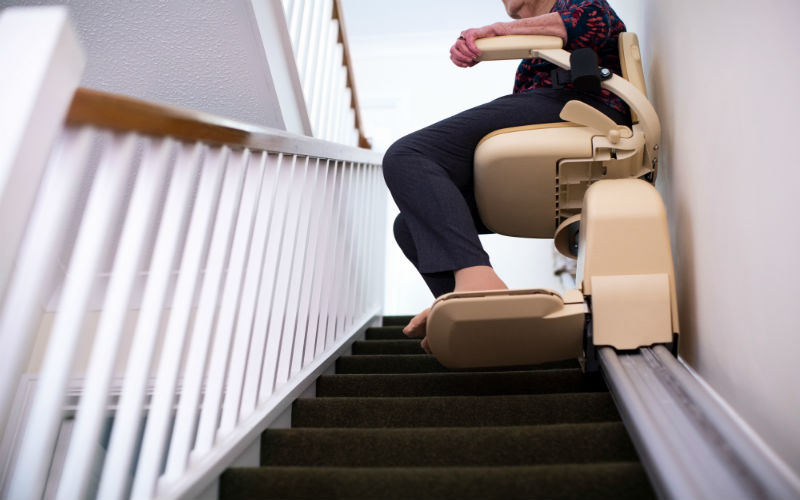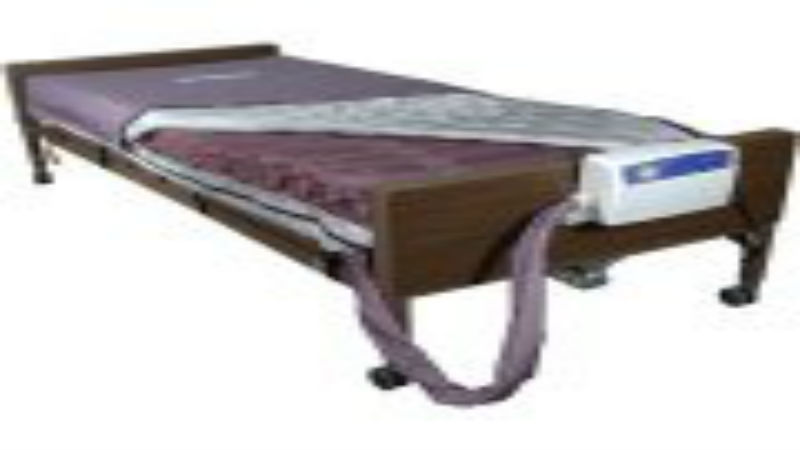Within the world of contract medical device manufacturing, there is an increasing number of companies in the United States as well as around the world that are trying to break into the market.
Unfortunately, for many pharmaceutical companies and medical device companies, these new businesses often appear to have the solutions to this type of demanding production, but they often fall short based on their lack of experience and expertise.
When comparing spinal implant manufacturers for any device production, it is important to consider more than the bid price. The following three factors need to be carefully considered, in addition to price, to find the right manufacturer to partner with for the initial and ongoing production.
Experience and Project History
New companies trying to get into the market often quote very low prices compared to the established spinal implant manufacturers. This is not due to their cost-effective production methods, but often to simply gain a foothold in the industry.
The problem with this is the lack of understanding of the regulations, specifications and the requirements of production, documentation and even traceability of raw materials that will be required as part of the approval and production process.
Certifications
After eliminating inexperienced companies with a limited history in working in medical device manufacturing, specifically with spinal implants, look next to verify necessary certifications.
Top companies in this area will be ISO 13485 certified, which is specifically for the production of medical devices. This certification ensures that the spinal implant manufacturers will use approved quality control and production methods and standards.
Order Requirements
Some of the spinal implant medical device manufacturers will have requirements for minimum order volumes or a requirement to commit to so many production runs within a set period of time. Always verify that maximum flexibility is allowed in the contract. This includes the ability of the manufacturer to scale up quickly to meet demand once the spinal implant device is on the market.


